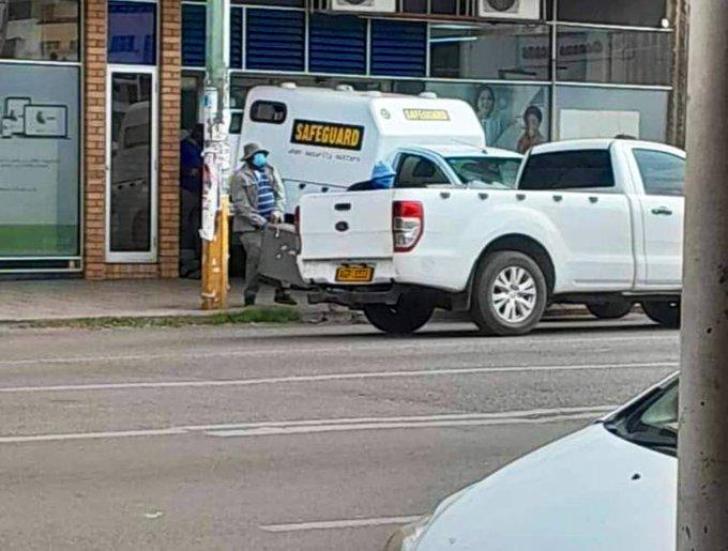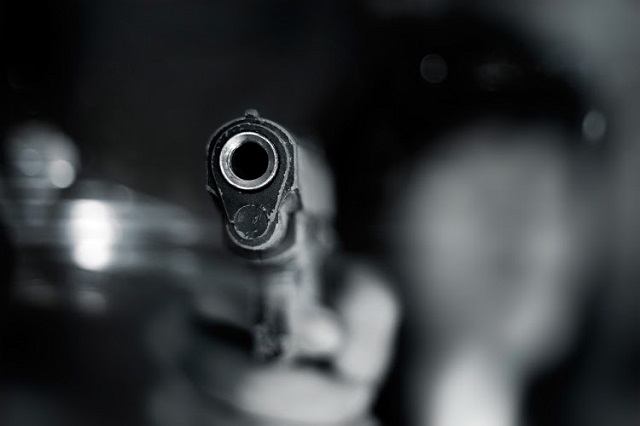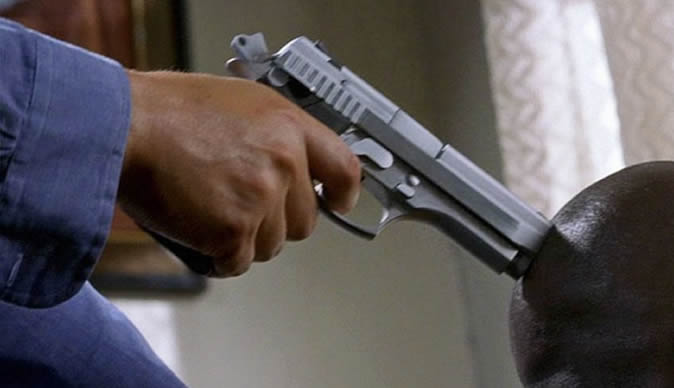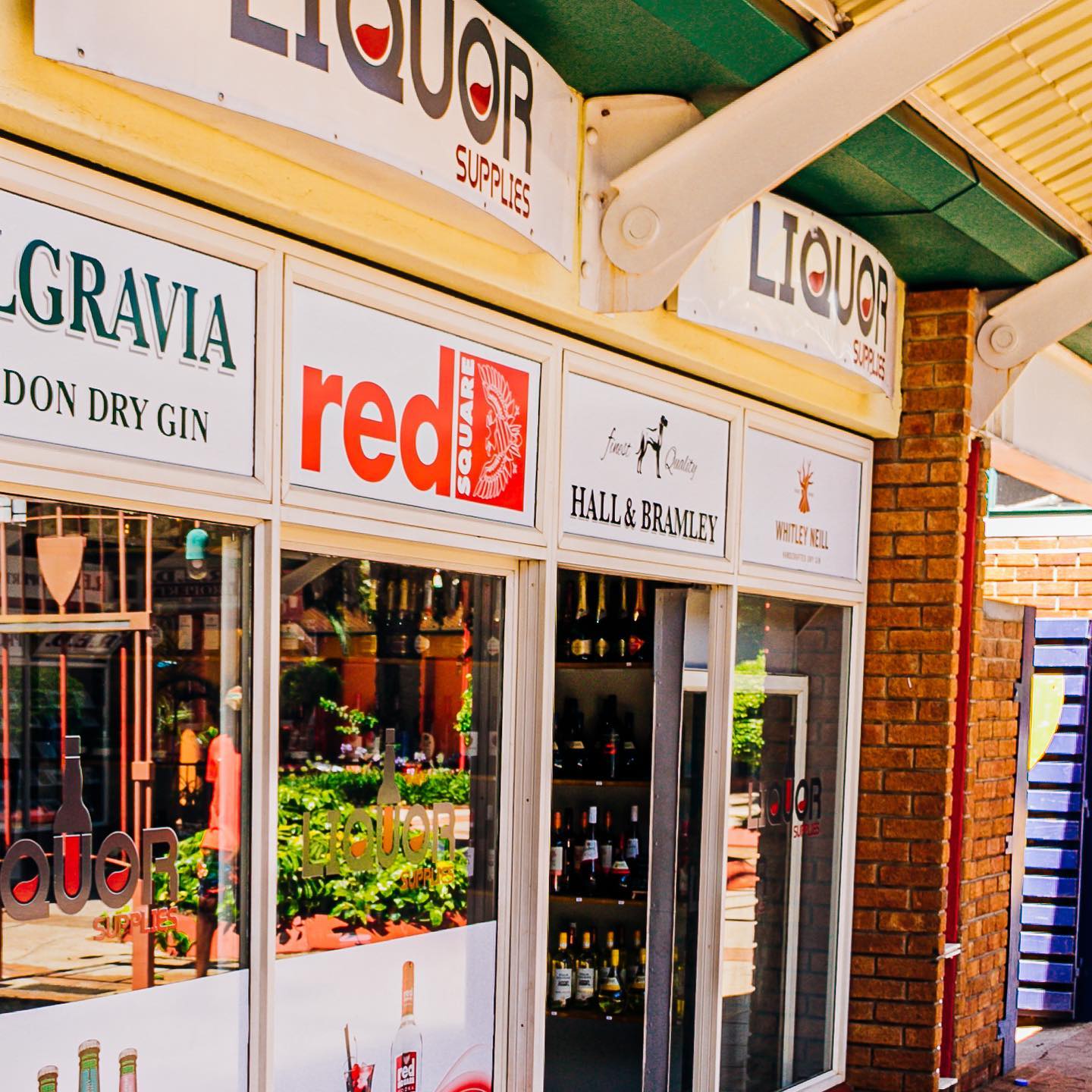An eight-member gang appeared before the Bulawayo Regional Magistrate’s Court on Monday, facing 10 counts of armed robbery committed in and around Bulawayo between February and November this year. The suspects, including two illegal foreign currency dealers Elvis Charakupa (40) and Khulumani Moyo (51), Mavrick Dube (32), Mongameli Moyo (27), Nkosilomusa Dube (31), Conilias Chigara […]
Tag: armed robbery
Posted inNews








